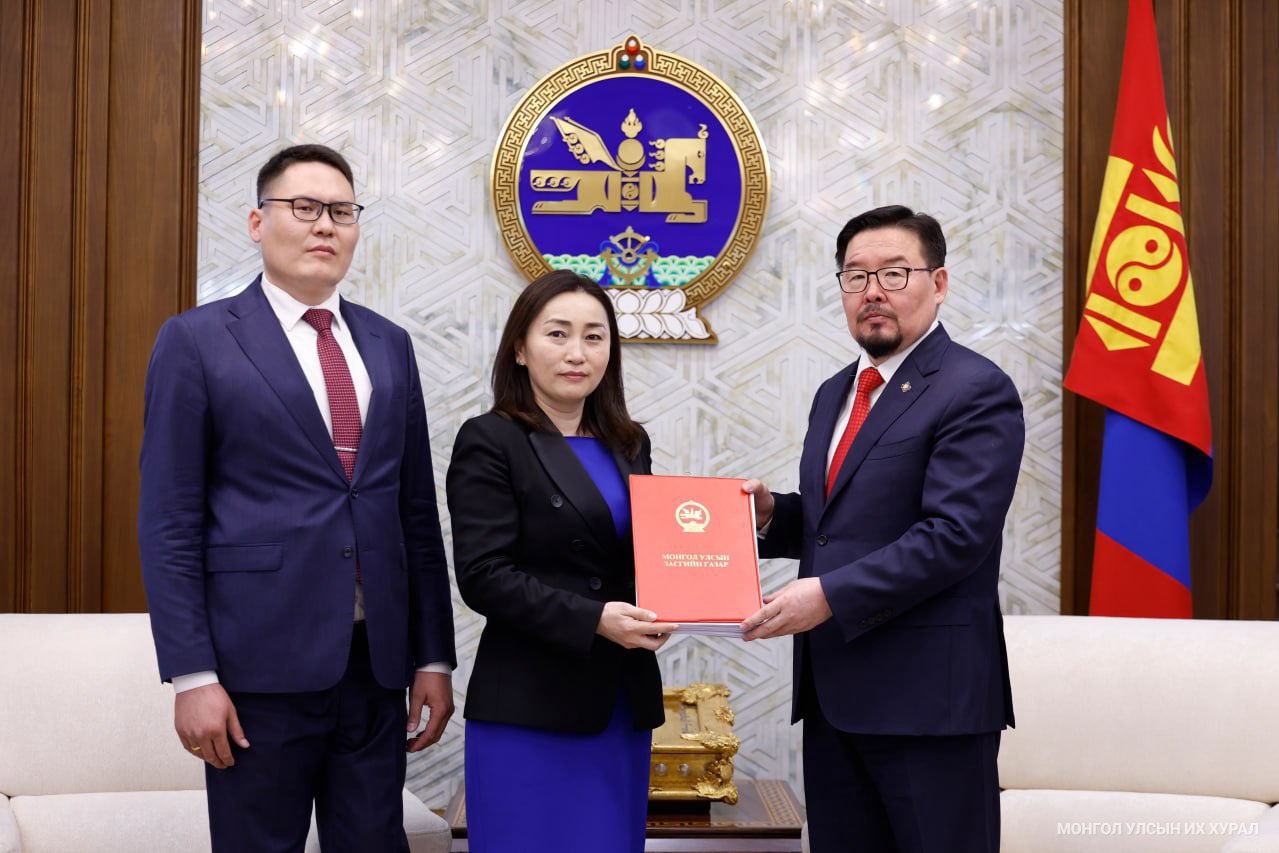The revised draft of the Law on the Rights of Persons with Disabilities has been submitted
On May 28, 2024, Member of Parliament and Minister for Labour and Social Protection, Kh. Bulgantuya, submitted the revised draft of the Law on the Rights of Persons with Disabilities to the Chairman of the State Great Khural (Speaker of the Parliament) G. Zandanshatar.
In 2009, the Parliament of Mongolia approved the Law on Social Protection of Persons with Disabilities, aligning it with the United Nations Convention on the Rights of Persons with Disabilities. Since its approval, there has been some progress in protecting individuals with disabilities from discrimination, creating opportunities for equal participation in social relations, changing public attitudes toward disabilities, and improving interdisciplinary policy and regulation.
However, an evaluation conducted four years after its implementation revealed that some provisions of the law did not achieve their intended goals due to insufficient preparation, budget, human resources, and capacity. Additionally, there was significant duplication and conflict among laws. Specifically, Minister Kh. Bulgantuya noted that 24.4 percent of the law's regulations are duplicated and 35.5 percent conflict with other laws.
Minister Kh. Bulgantuya drafted the revision of the Law on the Rights of Persons with Disabilities to address these issues and to comply with recommendations from the United Nations Convention and the United Nations Human Rights Committee. More than 50 percent of the law was amended, and four new articles were added. The key points include:
- New regulations to increase the employment of people with disabilities, improve access to all levels of education, and enhance social protection and health services.
- Addressing the shortage of human resources in organizations providing services to people with disabilities by training professional staff and coordinating stable employment with social protection support.
- Providing health, education, and social protection services tailored to the needs of disabled children, supporting organizations in this field, and introducing new methods for determining children's disabilities.
- Introducing innovative regulations to support contracts for performing some government functions by empowering and accrediting organizations that protect the rights of people with disabilities.
